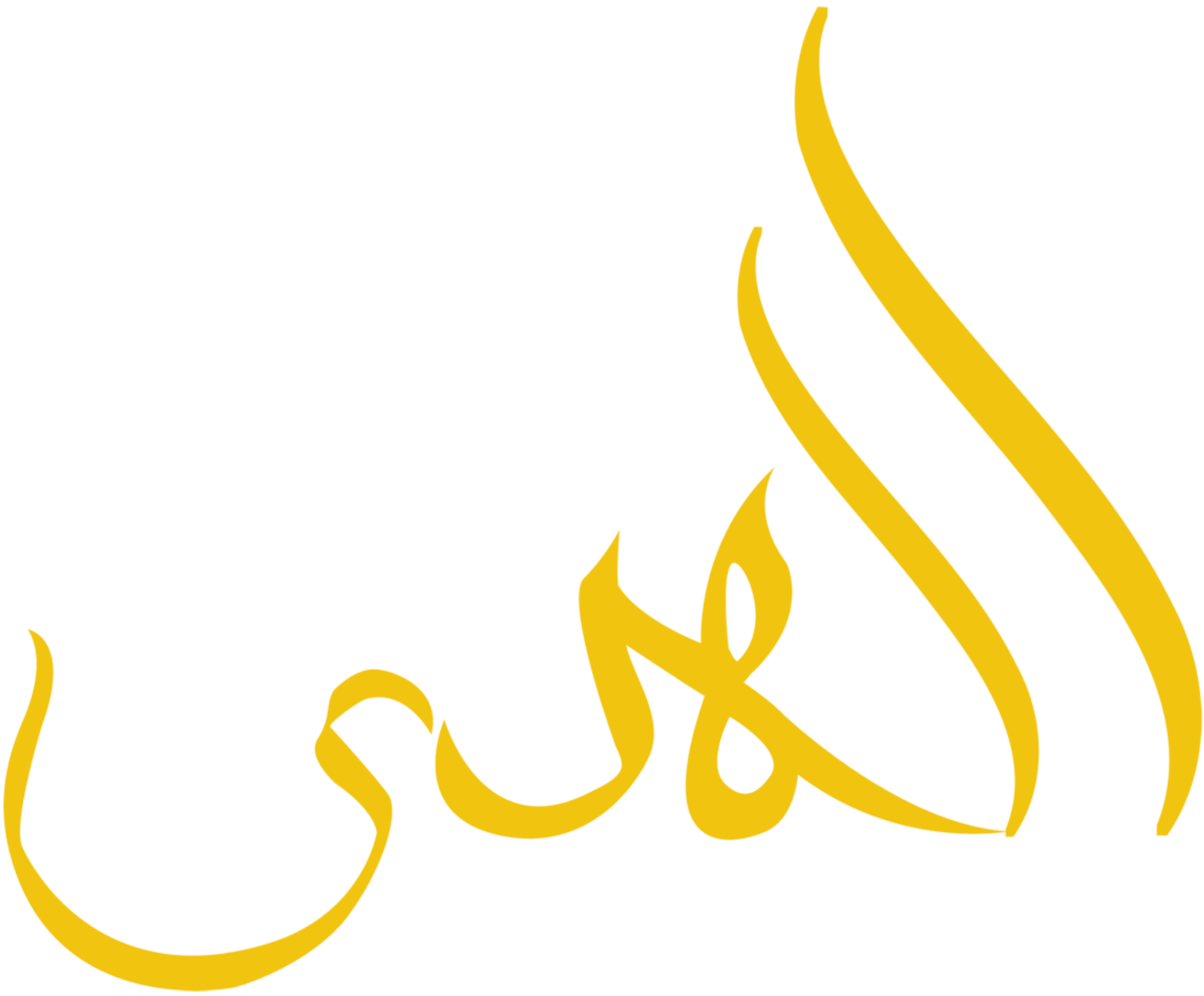Category: Ramadhaan Lessons 2018
-
Ramadhaan Lesson 2: The Many ways of Earning Hasanaat
Sat 10th Ramadhaan 1439/26th May 2018 The virtue of Ramadhaan: Allah has made Ramadhaan more blessed than other months This is therefore an opportunity to do good acts, leave sins and become a better Muslim Every Muslim should thank Allah that he has allowed us to be alive and see this month The Salaf would…
-
Fiqh of Ramadhaan (Part 1)
19 May 2018 Fiqh of Ramadhaan: Rulings on Fasting and Taraweeh (Part 1) The Day of doubt ’Ammar bin Yasir (may Allah be pleased with him) narrated, ‘Whoever fasts the day of doubt he has then disobeyed Abu al-Qasim (the Prophet).’ [Related by the five Imams, and Ibn Khuzaimah and Ibn Hibban graded it as…
